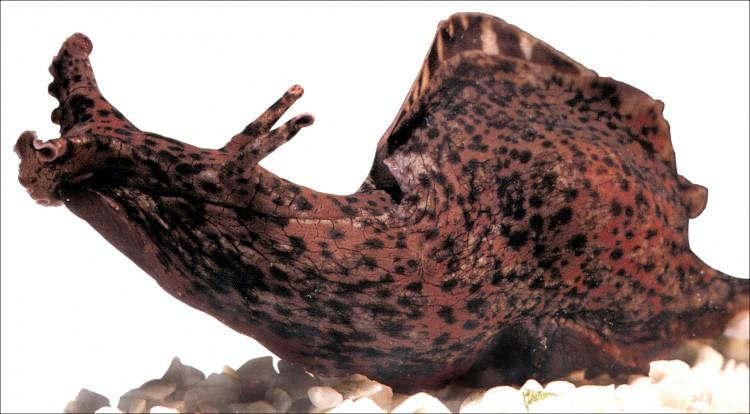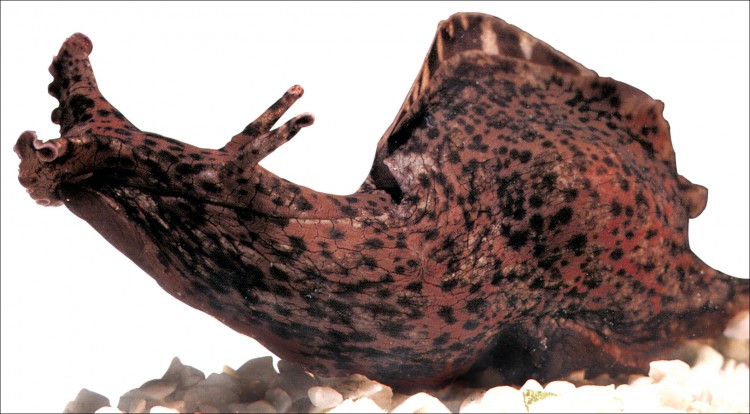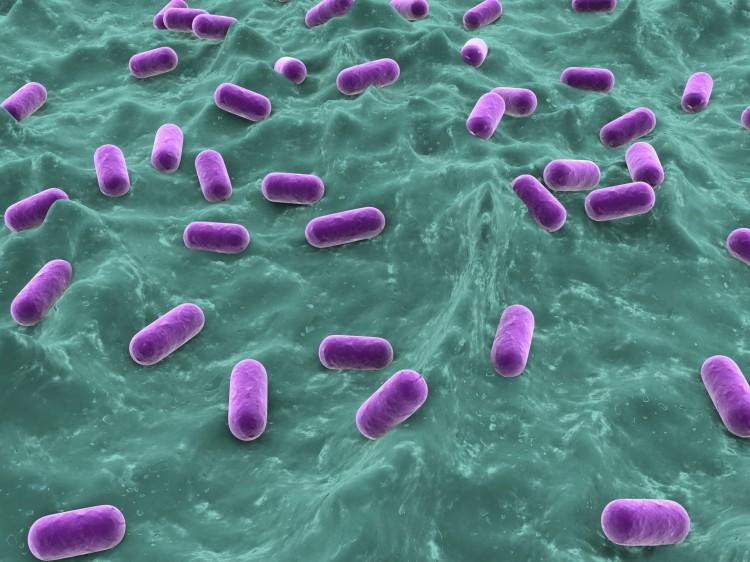A new learning strategy tested on a species of sea snail may hold the key to enhancing memory performance in humans, say researchers at the University of Texas based on a study aiming to aid people with learning impairments.
The study involved testing a new learning strategy on the California sea hare (Aplysia californica). The snails demonstrated improved memory function, an outcome that could benefit people who have impairments resulting from aging, stroke, or brain injury.
The learning method required predicting times when the brain was primed for learning, which in turn facilitated the scheduling of learning sessions during these ideal periods. The result was “that memory could be enhanced appreciably,” said senior author John Byrne in a media release.
To identify these ideal periods, a mathematical computer model was developed to predict timing of activity of the proteins in the brain that are responsible for memory. At present, the scheduling of lessons is based on trial and error, but the researchers hope to more accurately predict peak learning periods should the model prove successful in further studies.
“When you give a training session, you are starting several different chemical reactions. If you give another session, you get additional effects. The idea is to get the sessions in sync,” Byrne said. “We have developed a way to adjust the training sessions so they are tuned to the dynamics of the biochemical processes.”
Two groups of snails received five learning sessions. One group received learning sessions at irregular intervals as predicted by the computer model. Another group received training sessions in regular 20-minute intervals.
Five days after the learning sessions were completed, a significant increase in memory was detected in the group trained with a schedule predicted by the computer model. No increase was detected in the other group.
The increase was identified by analyzing nerve cells in the snails’ brains, which showed greater activity in those that received the enhanced training schedule, said Byrne.
“This study shows the feasibility of using computational methods to assist in the design of training schedules that enhance memory,” Byrne said.
The findings were published on the Nature Neuroscience website on Dec. 25.





